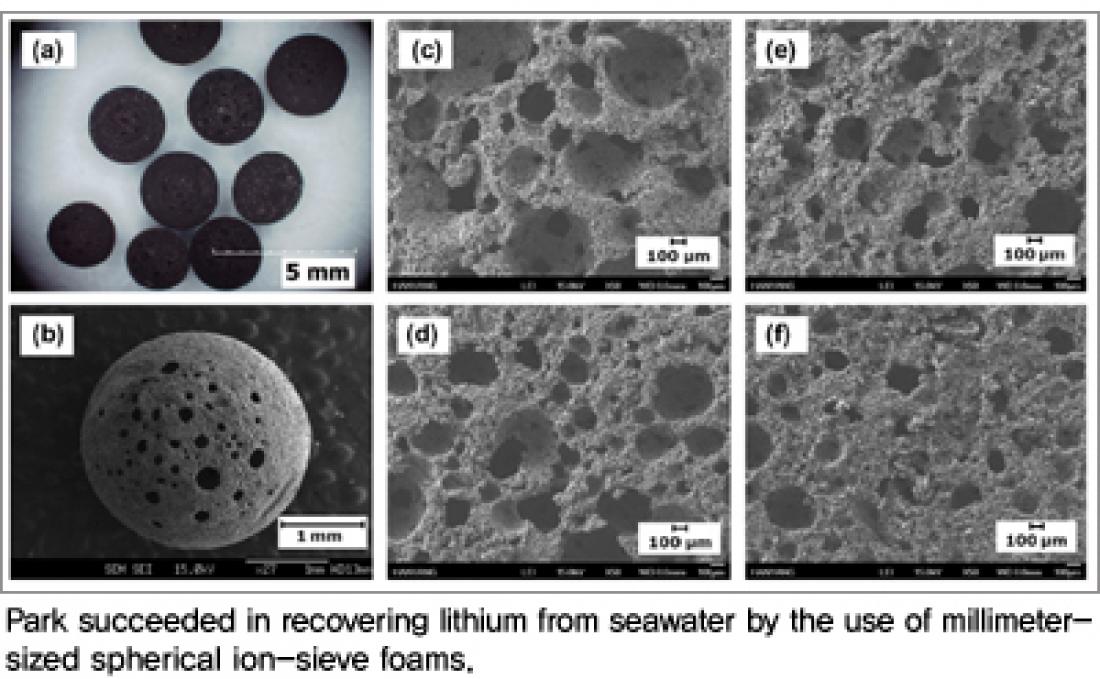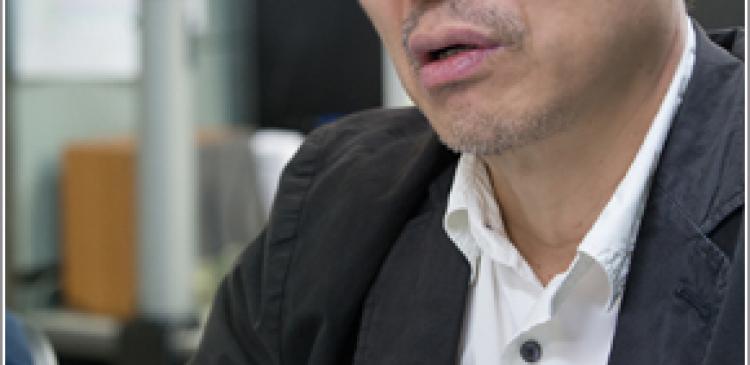Jai-Koo Park of Natural Resources and Environmental Engineering is the director of the Mineral Processing and Environment Processing Lab at Hanyang University. Park’s recent publications include "Millimeter-sized spherical ion-sieve foams with hierarchical pore structure for recovery of lithium from seawater" in the Chemical Engineering Journal, and "Preparation of Sizable and Uniform-Sized Spherical Ceramic Foams: Drop-in-oil and Agar Gelation" in the Journal of American Ceramic Society.
While alternative energy is considered a substitute for our reliance on oil, as of yet there has not been found a substantial replacement source for metal resources. Limitations of natural resources and constant increases in prices have brought a sense of urgency to the importance of ‘urban mining’.
Urban mining is a performed by extracting metal resources from electronic products. The traditional form of mining involves prospecting, mining, and processing. However, urban mining only requires processing, thus reducing the costs of investing in prospecting and mining.
The question lies on the methodology. After comminution, a proper crushing and grinding process, the materials go through concentration and separation. The particle comparatively affluent with metal element, placed in an aqueous solution, will then be divided via leaching.
During comminution, importance lies on the liberation of valuable metal. After solvent extraction, porous nano-materials are applied in the process of separating metallic ions from the aqueous solution.
In the past, Park focused his research on creating innovative porous ceramic materials. By redirecting his expertise in porous ceramic materials, Park applied his work to the recovery of materials.
For example, in an effort to effectively recover Au (gold), Park devised innovative methods of liberating and separating valuable metal sources from printed circuit boards (PCBs). One technique of Prof. Park’s for recovering valuable metal sources from PCBs of disposed small domestic appliances involves using a device for separating electronic components from printed circuit board assembly (PCBA). Another of his technique separates valuable metal from pulverized PCB.
In addition, Park’s research interest also lies in securing lithium. Major growth in the lithium-ion battery industry has led to an increase in lithium demand. Lithium ion-sieves (LISs) have found to be suitable for lithium recovery from seawater due to their low toxicity, low cost, and high chemical stability.
An alternative solution was provided by Park in which he succeeded in recovering lithium from seawater by using millimeter-sized spherical ion-sieve foams.
Park diligently researched to find an absorbent for lithium and was finally able to determine that millimeter-sized SIFs prepared from spinel lithium manganese oxide via a combined process of foaming, drop-in-oil, and agar gelation was the solution.
Park’s method uses an aqueous agar solution as the binder, resulting in an environmental friendly, rapid gelation at low temperatures, that has high gelling strength, low manufacturing cost, and involves a simple manufacturing process.
Current research is underway in extracting medium and heavy rare earth minerals such as Ce and La from heavy minerals such as monazite or illmenite recovered from sub-marine sediment. Moreover, Park is focusing on developing a minetailing geopolymer for back filing of mine goaf as a means of recycling by-products of mines.
Article written by Jisoo Lee: [email protected]
Photos by Hyeonjung Kim




